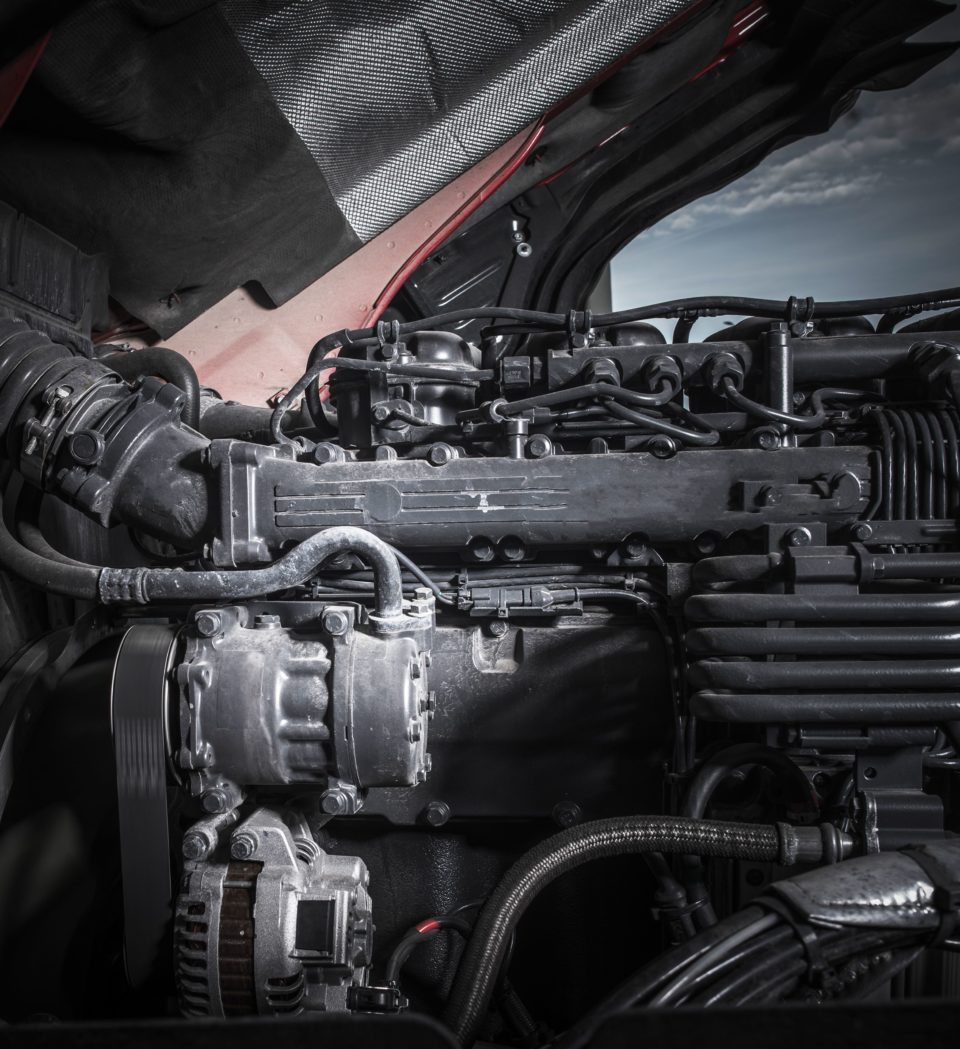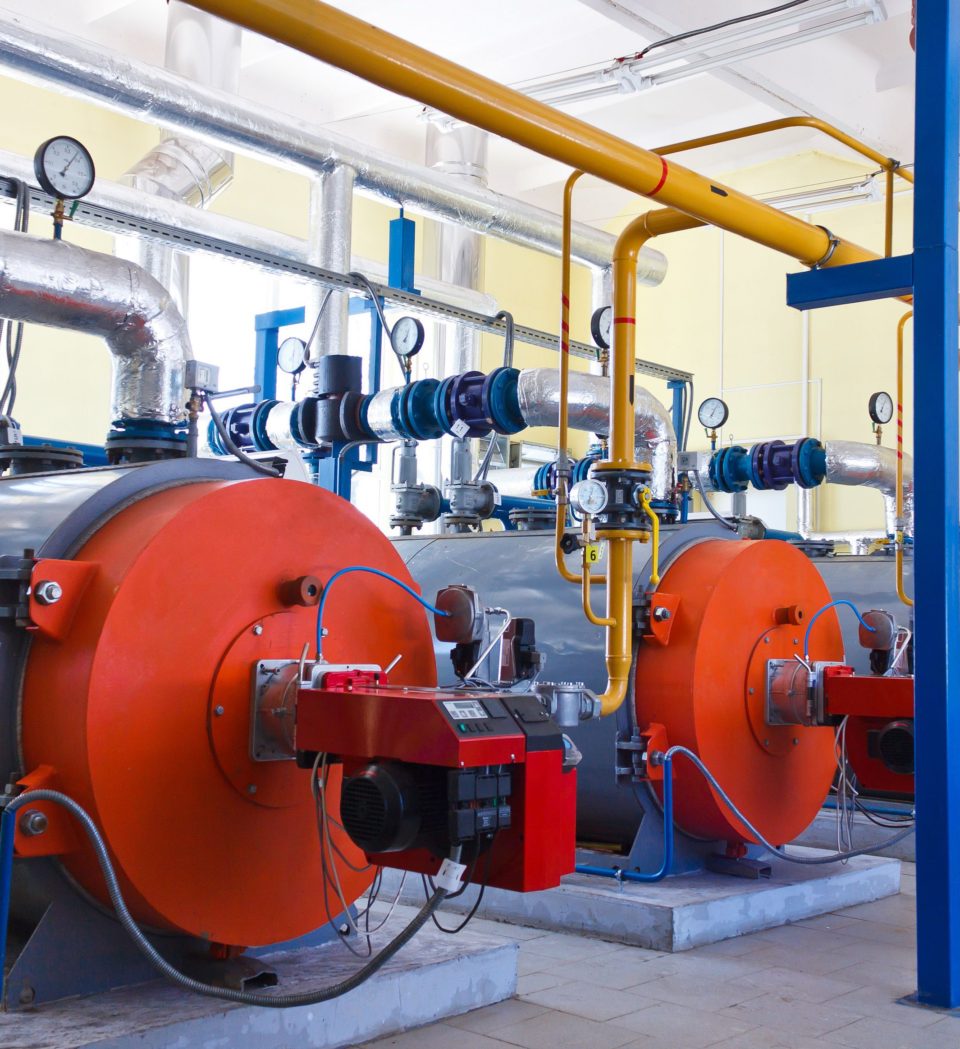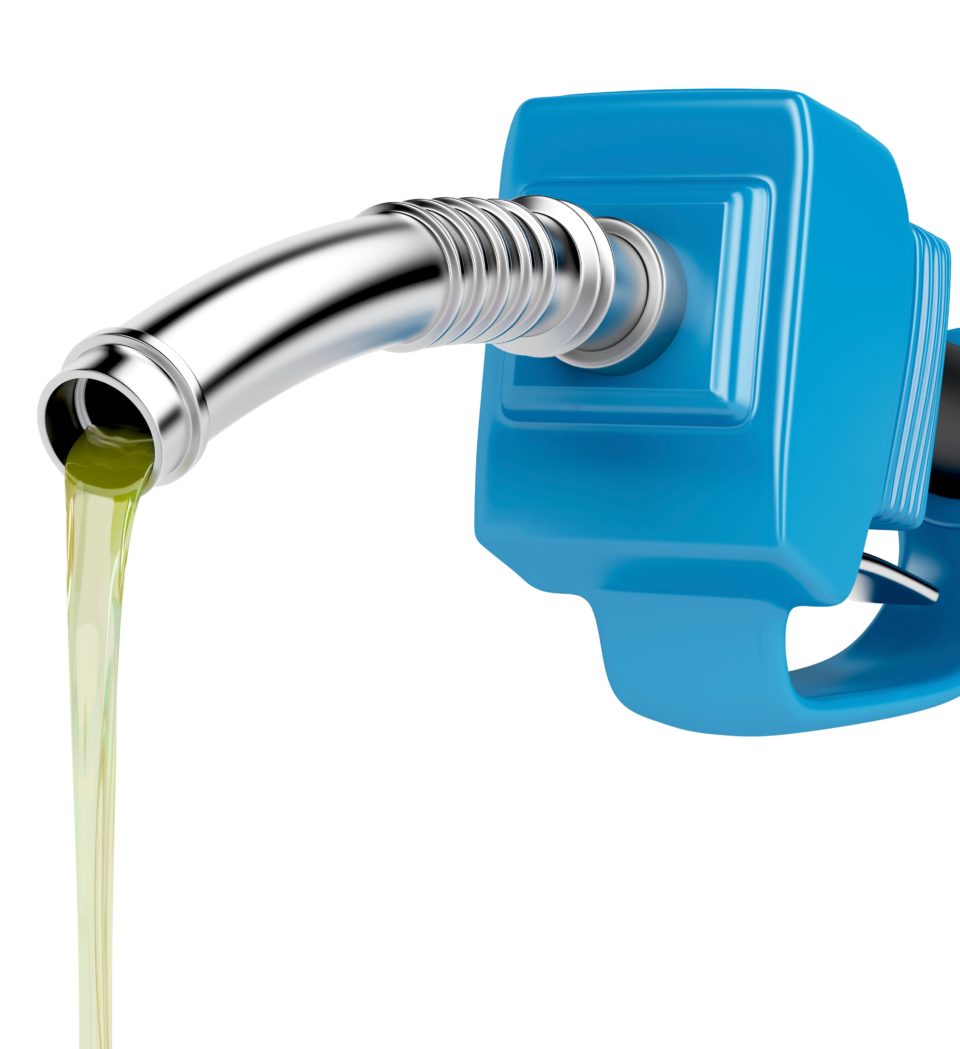Extend Engine Life of Trucks, Equipment and Machinery: Pre combustion vs. Post-combustion Devices
The Rentar fuel catalyst extends the engine life of equipment and reduces maintenance, particularly in relation to catalytic converters. Diesel greenhouse gases, often seen as black diesel smoke, are symptoms of poorly burned fuel, which affects the environment significantly more than more completel

Why Diesel Engines are More Fuel Efficient than Gasoline Engines
Diesel engines are more fuel efficient than gasoline engines. That is to say, diesel engines get better “gas” mileage than comparably sized gasoline powered engines. There are two reasons why. First, diesel is a better fossil fuel than gasoline with respect to energy density. And second, diesel

How Efficient are Engines: Thermodynamics and Combustion Efficiency
How efficient are engines? Combustion engines are stupefyingly inefficient. Most diesel engines do not even have a thermal efficiency of 50%. Of every gallon of diesel burned by a combustion engine, less than half of the energy generated becomes mechanical energy. That is to say, of the energy produ

How Efficient are Engines: Compression Ratio & Thermal Efficiency
What Percent of the Thermal Energy Produced by Fossil Fuel Combustion Contributes to the Locomotion of a Vehicle? There is a conundrum with respect to the diesel-versus-gasoline-engine comparison. It is common knowledge in Europe, Asia, Australia, South and Central America — just about everywhere

Boilers vs Furnaces and Best Furnace/Boiler Fuel
To determine your needs — regardless of whether they are for a residential home or building, for a company or campus, or for an industrial complex, — understanding your options is a critical component of making the most appropriate and cost-effective choice with regard to a heating system. Eve

Natural Gas Vs Fuel Oil Vs Propane: The Furnace/Boiler Heating Debate
Particularly for larger buildings and complexes, furnaces and boilers are the industry standard with respect to heating requirements. The reason is because the most efficient and cost-effective means of heating a medium to large building or complex is — almost always and without exception — a bo
Dirtiest Boiler Fuels: May Not be Coal and Heating Oil
Combustion Emissions of “Dirty” Fossil Fuels Damage Atmosphere No More than “Cleanest” Fossil Fuel A shift within the boiler industry occurred after the turn of the century. Boilermakers moved away from coal and fuel oils toward natural gas and propane. The biggest reason why, emissions. Pro

